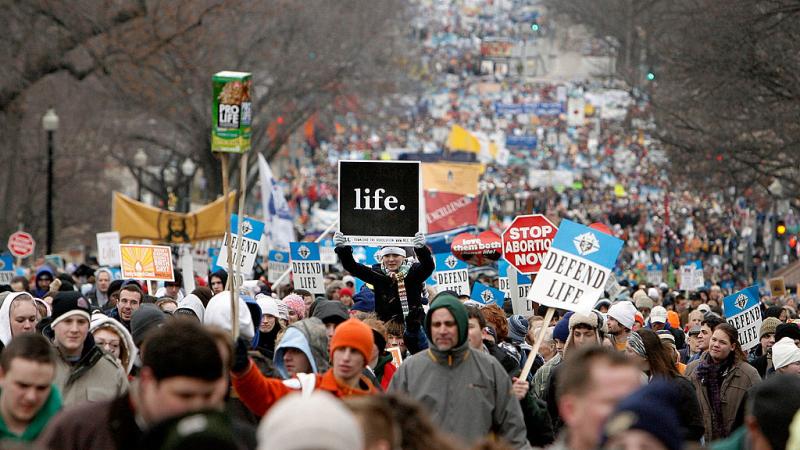Death count in Beirut hits 100 as city confronts the wreckage
The country is facing a mounting death toll, continued economic collapse, a surging global pandemic and possible food shortage
The death toll in the Beirut explosions on Wednesday reached 100 persons, one day after the blasts destroyed the port of Beirut and tore through Lebanon's capital city, toppling some buildings and stripping others of their glass.
The number of injured is now counted at 4,000, according to the Lebanese Red Cross. Hospitals are reportedly overwhelmed by trauma cases.
Investigators suspect the cause of the two explosions is fireworks and ammonium nitrate appear to have been the fuel that ignited a massive explosion that rocked the Lebanese capital of Beirut, based in part on what videos of the blast suggests, according to the Associated Press.
However, the compound itself typically doesn’t detonate on its own and requires another ignition source. That likely came from a fire that engulfed what initially appeared to be fireworks that were stored at the port, the wire service also reports.
Interior Minister Mohammed Fahmi said during an interview that the blast appeared to be caused by the detonation of more than 2,700 tons of ammonium nitrate that was being stored in the warehouse.
Prior to the blast, Lebanon was already teetering on the edge of catastrophe.
The small country's economy is failing, which has inspired widespread protests these past months.
The coronavirus pandemic is surging as the country's health system fails – there was some concern Tuesday that the novel virus will spread even more rapidly as thousands pour into hospitals.
And now, a possible food shortage could be on the horizon as the country reportedly lost close to 85% of its stored grain and cannot be used.















